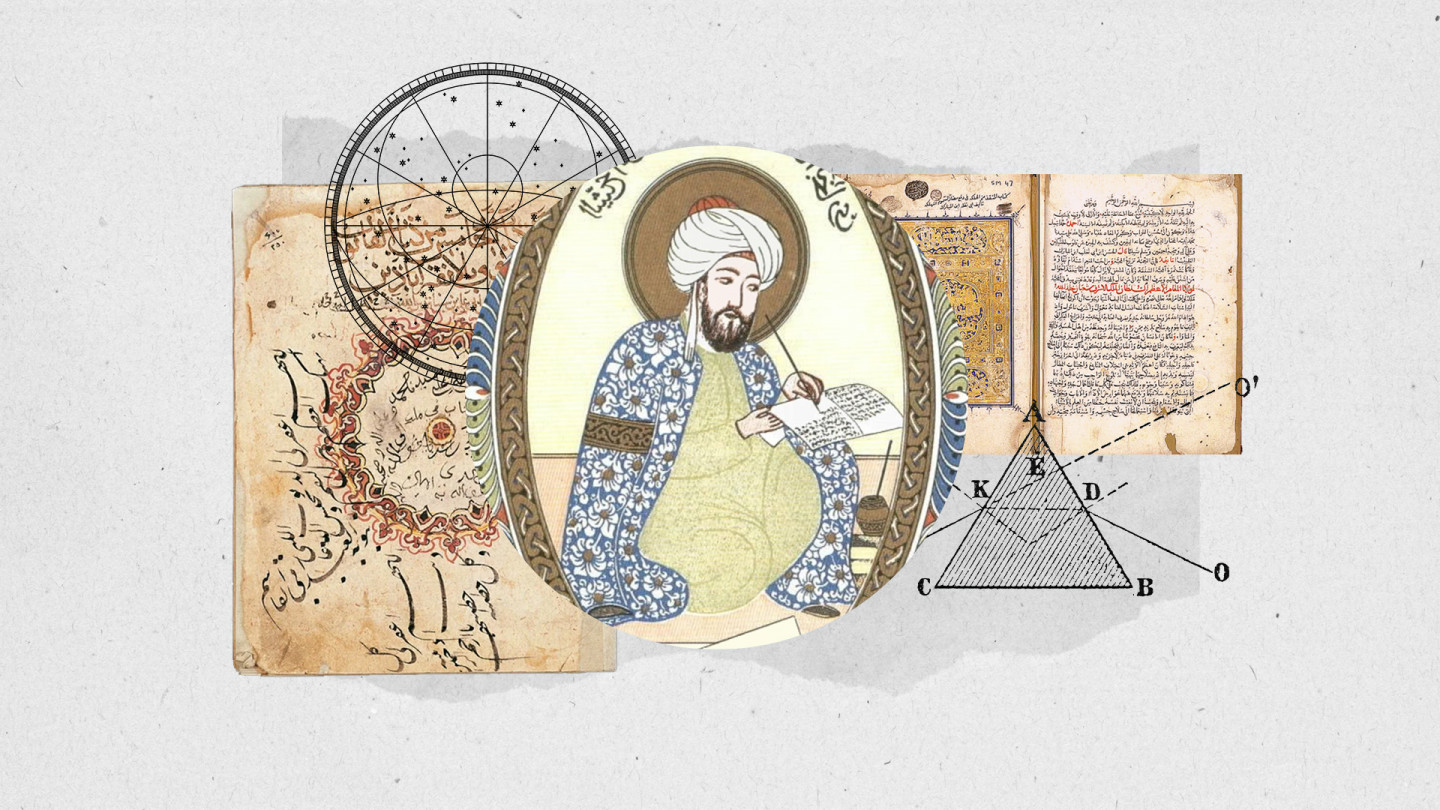
Avicenna - the father of medical evidence
Abu ʻAli al-Husayn Ibn Sina, known in the west as Avicenna, was a Persian polymath who made profound contributions to various fields including medicine, philosophy, and science during the Islamic Golden Age. Born in 980 AD in present-day Uzbekistan, Avicenna's impact on medicine, in particular, is monumental.
His most influential work, "The Canon of Medicine," became a cornerstone in medical education for centuries. Avicenna's approach to medicine was marked by a comprehensive integration of knowledge from various cultures, including Greek, Roman, Persian, and Indian sources. He meticulously documented medical knowledge of his time, encompassing anatomy, physiology, pathology, and pharmacology.
Among other things, the book is known for the introduction of systematic experimentation and quantification into the study of physiology, the discovery of the contagious nature of infectious diseases, the introduction of quarantine to limit the spread of contagious diseases, the introduction of experimental medicine, evidence-based medicine, clinical trials, randomised controlled trials, efficacy tests, clinical pharmacology, risk factor analysis, and the idea of a syndrome in the diagnosis of specific diseases.
Avicenna's emphasis on empirical observation and evidence-based practice laid the foundation for modern medicine. He advocated for the systematic testing of treatments and the importance of clinical trials to evaluate their effectiveness. His writings on clinical trials and the importance of evidence-based medicine were ahead of his time, providing a framework for future medical practitioners.
Through his vast body of work, Avicenna not only preserved the knowledge of ancient civilizations but also expanded upon it, refining medical practices and theories. His contributions to evidence-based medicine continue to inspire and guide medical professionals worldwide, highlighting the timeless relevance of his ideas in the pursuit of healing and healthcare.
One of our core principles is that all the products we manage be underpinned by a strong evidence base. We also have broad interests and expertise and are always evolving our offerings. We are inspired by Ibn Sina and his works and the invaluable knowledge and processes that he gave the world.
